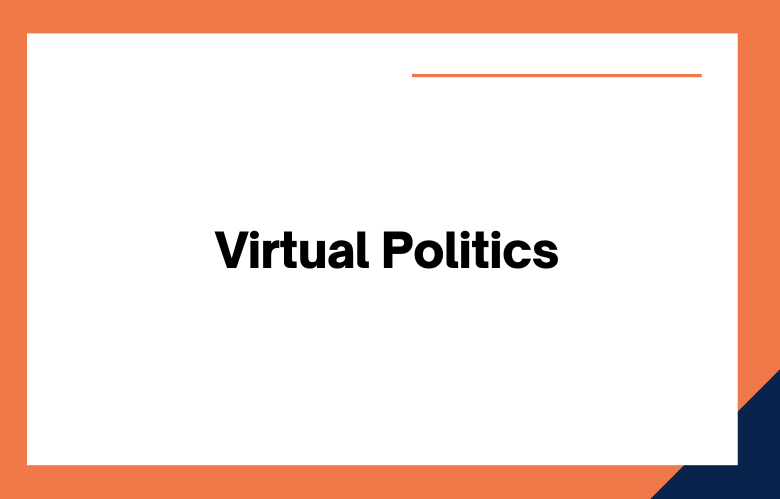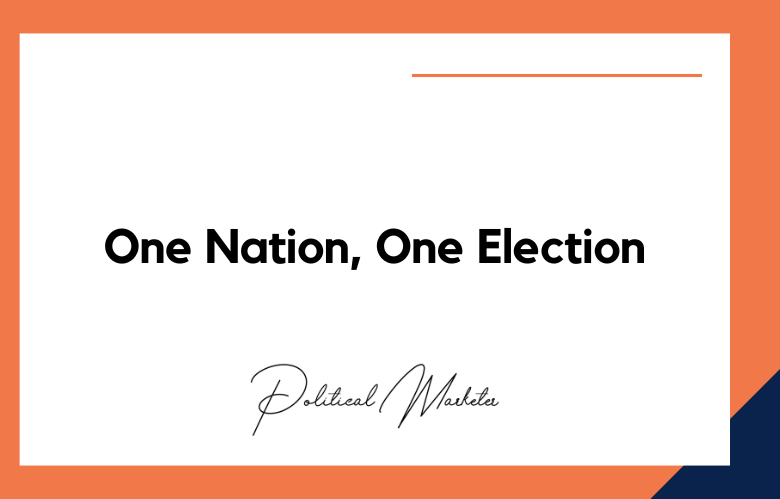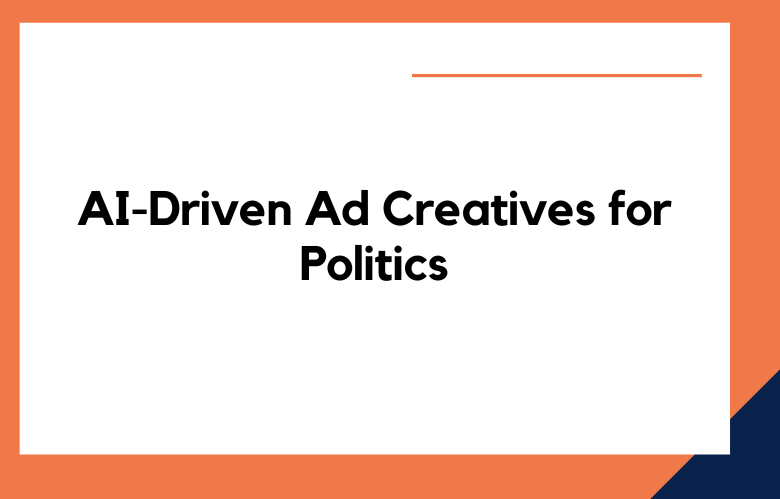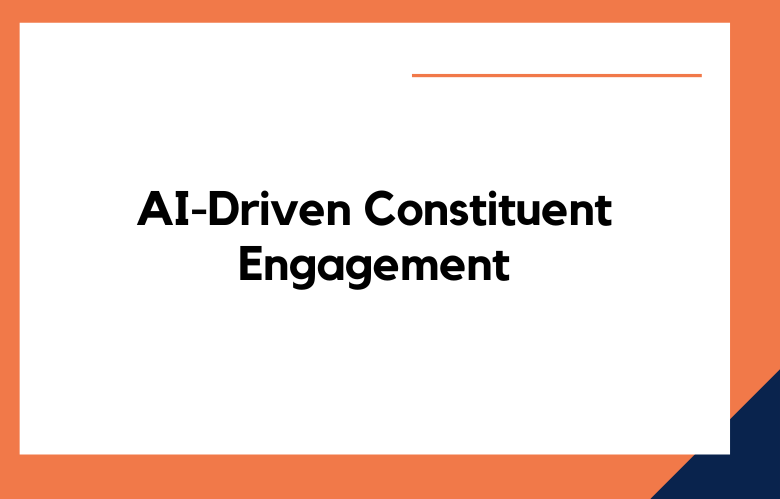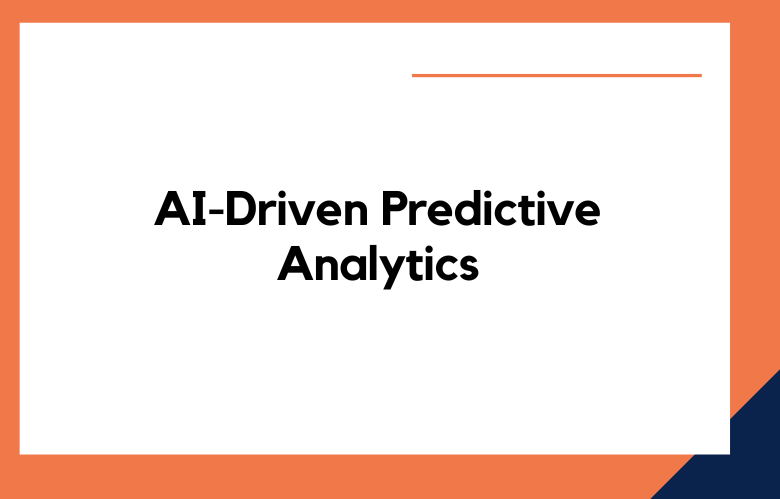Politics need to catch up in a world with more online interactions. The Internet has changed how we interact with each other and the world around us, and politics must agree if it wants to stay relevant. But how can politics become “metaverse ready?”
Virtual Politics: How can Politics become Metaverse ready
The Metaverse is a shared, virtual space where people can meet and interact as if in the physical world. It’s a place where you can be with anyone you want, do anything, and go anywhere.
With the advent of COVID-19, Metaverse has become more popular than ever as a way for people to socialize and connect. It has led to a resurgence in interest in virtual reality (VR) and augmented reality (AR).
What does this mean for Politics?
Well, as the world becomes increasingly digital, it’s natural that politics will follow suit—numerous examples of political campaigns using VR and AR to reach voters.
For example, in 2018, Japanese Prime Minister Shinzo Abe gave a speech at the United Nations General Assembly using VR avatars.
As we move into the future, we can see an increase in political campaigns that will likely use VR and AR to reach voters. But what does this mean for democracy? How will virtual campaigning change the way we elect our leaders? Only time will tell. But one thing is sure: politics will become much more enjoyable.
The advantages of Virtual Politicking
There are many advantages to campaigning in the Metaverse. First and foremost, it’s a great way to reach young voters. A survey from Pew Research Center says, “nearly half of U.S. adults ages 18-29 say they would be likely to elect a candidate who campaigned via virtual reality.”
This is significant because young people are notoriously difficult to engage with in politics. They’re often seen as too apathetic or uninterested in the process. But if candidates can reach them where they’re already spending their time online, they’re more likely to get their attention and earn their vote.
Another advantage of virtual Politicking is that it allows candidates to reach voters who might not otherwise be able to participate in the political process. For example, people with disabilities or chronic illnesses may find attending rallies or town halls in person difficult or impossible.
But if these events are held in virtual reality, everyone can participate regardless of physical abilities. This could profoundly impact democracy by making it more inclusive and accessible.
Virtual Politicking also has the potential to save campaigns money. With traditional campaigning, candidates must spend money on travel, lodging, renting event space, etc.—not to mention the cost of producing campaign materials like flyers and posters. But with virtual campaigning, none of these costs apply.
Candidates can reach Voters worldwide without spending a dime on travel or billboards.
The first step is understanding the Metaverse, a term used to describe the online virtual world. It comprises millions related websites, social media platforms, and virtual reality environments. People interact with each other and corporations in the Metaverse just as they would in the physical world.
So how can politics become Metaverse-ready? The answer lies in understanding how people interact in the Metaverse and what they expect from their politicians. In the Metaverse, people want direct interactions with their elected officials.
They want to be able to voice their opinions and have their concerns heard. And they want politicians willing to engage with them on a human level. Politicians need to start thinking about how to reach out to people in the Metaverse and make themselves accessible.
They must create profiles on social media platforms like Twitter and Facebook and learn to use virtual reality technology to hold “town halls” in VR environments. By doing these things, politicians can build relationships with constituents in the Metaverse and better understand their needs and concerns.
The Internet has already had a profound impact on politics. Just think about all the political movements born from social media platforms like Twitter and Facebook. The Arab Spring, #MeToo, and Black Lives Matter are all examples of how the Internet can be used to effect change on a global scale.
But the Internet isn’t just changing how we do politics and how we elect our leaders. In the past, most politicians were older white men who had spent their careers climbing the ladder of traditional politics.
But these days, we’re seeing a new breed of politician emerge: one who is more comfortable interacting with constituents online than in person. On the one hand, this is a good thing; it makes politicians more accessible to the people they represent.
But on the other hand, it’s a bad thing; it makes it easier for politicians to hide behind their avatars and avoid tough questions. So this means for the future of politics? If we’re not careful, politics could become a virtual reality. And that’s not necessarily a good thing.
Conclusion
The world is changing, and politics needs to change with it. The Internet has created a new world—the Metaverse—full of potential for political engagement. If politicians want to stay relevant, they must start thinking about how they can make themselves accessible to constituents in the Metaverse.
By learning about new technologies and platforms, politicians can build relationships with people in the virtual world and better understand their needs and concerns.
Virtual Politics is an inevitable outcome of the Metaverse. It is essential to start preparing for it now. Citizens and Governments need to be aware of the implications of Virtual Politics and work together to create a framework that will allow for a smooth transition into this new form of governance.
Contact us if you wish to get help in Virtual Politics. We are excited about this new form of governance’s potential; we believe it can help improve our world in ways we never thought possible.

